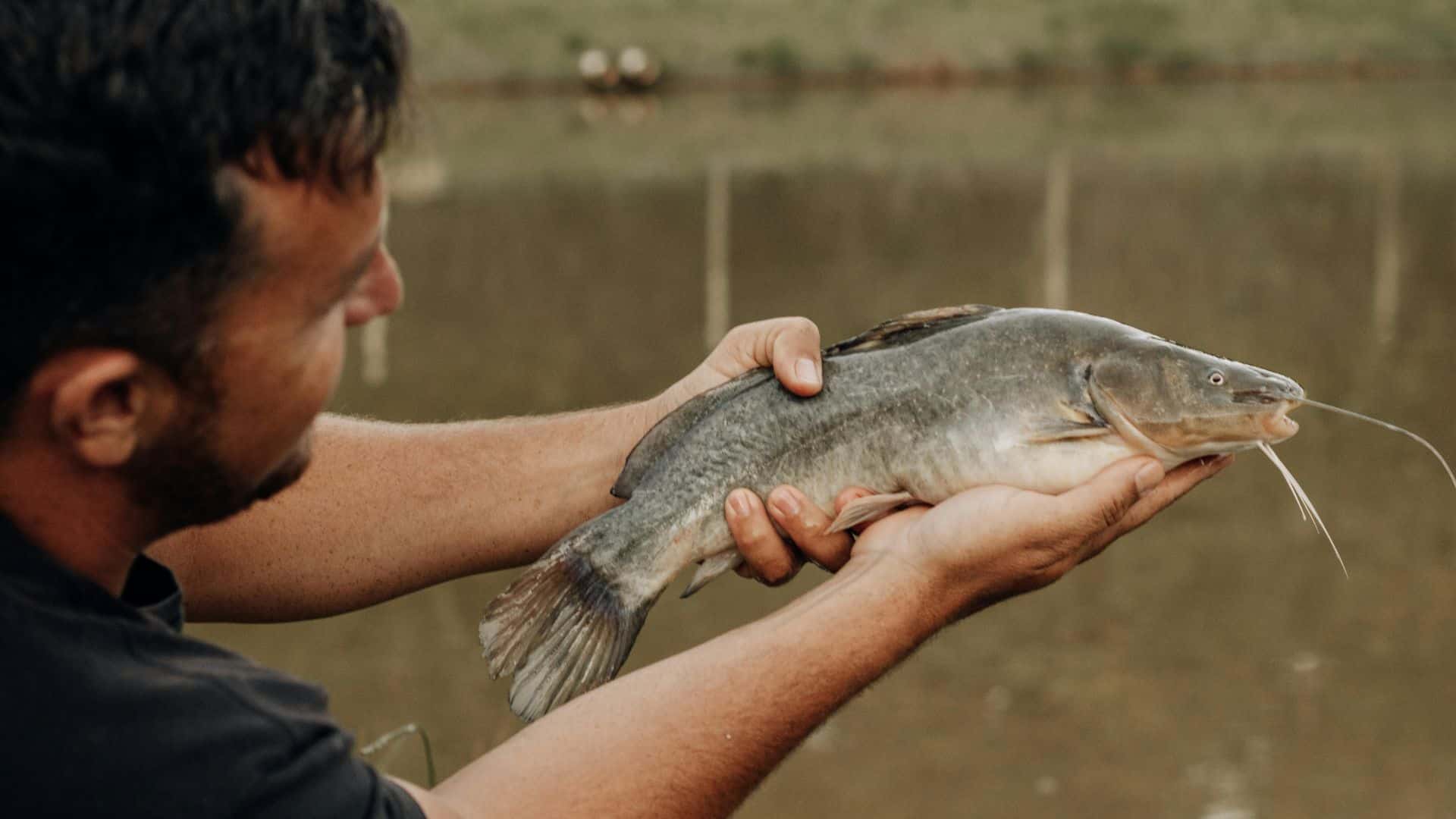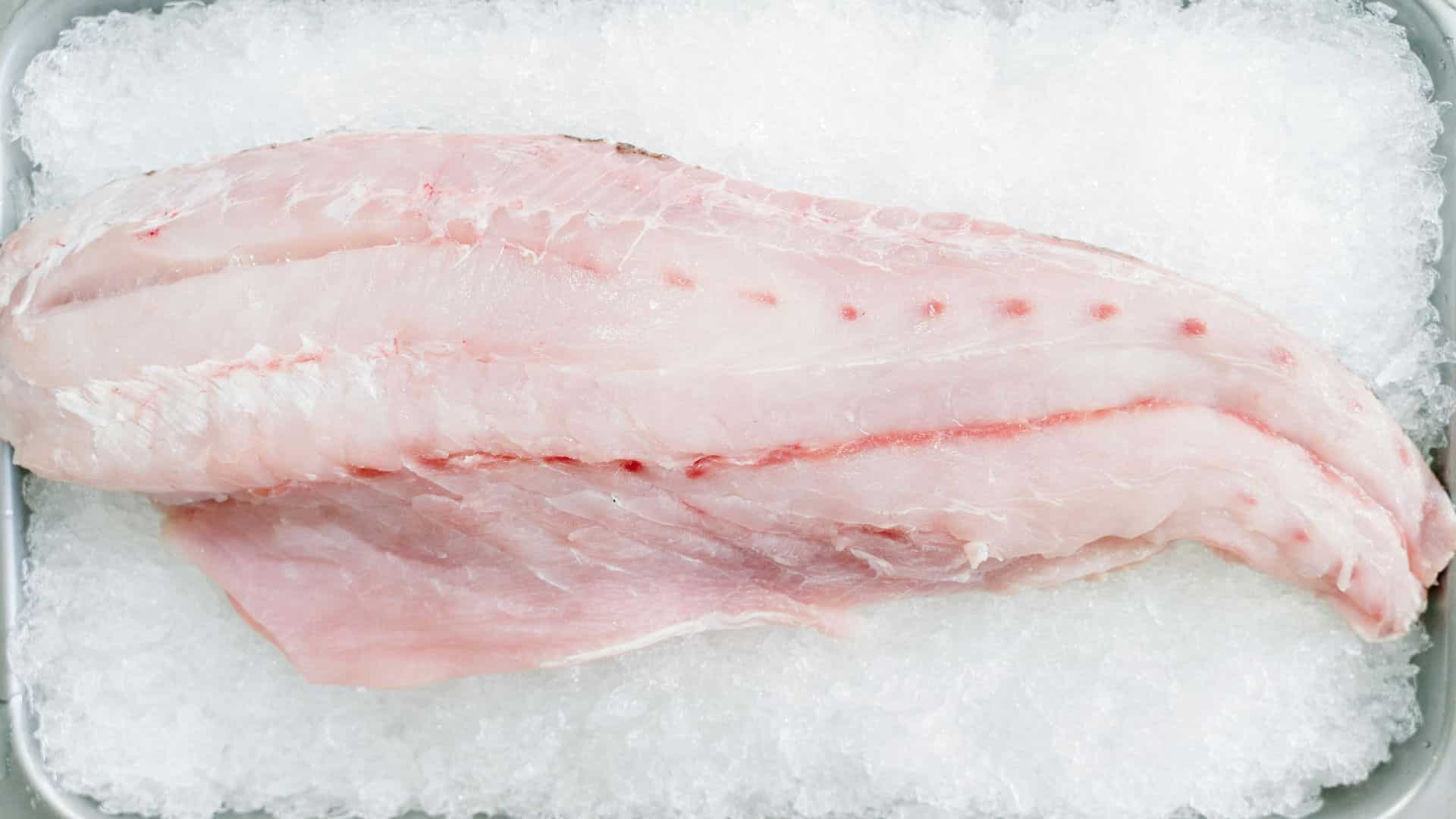Seafood Wholesaler Issues Urgent Recall on 100,000 Pounds of Fish That Missed Inspection


A Mississippi seafood wholesaler was forced to issue a recall on 100,000 pounds of catfish earlier this week. The U.S. Department of Agriculture determined the large batch of fish had been produced without being inspected.
The FSIS

The USDA’s Food and Safety and Inspection Service (FSIS) is a health agency that ensures public safety by monitoring proper labeling of meat, poultry, and egg products distributed throughout the U.S. They conduct inspections and enforce regulations to protect public health.
The FSIS Announcement

The FSIS found that there were thousands of catfish fillets from a Mississippi wholesaler, Biloxi, that had not been inspected. They stated, “There have been no confirmed reports of adverse reactions due to consumption of these products. Anyone concerned about a reaction should contact a healthcare provider”.
The Impacted Products

The catfish fillets were produced between September 2 and 5 and were distributed to several retail locations in three states: Alabama, Mississippi, and Louisiana. Unfortunately, this is not the first time that the fish wholesaler has had a run-in with a health organization.
Biloxi Controversy

The Biloxi company was found guilty of importing seafood as a domestic-caught product by the U.S. Food and Drug Administration. They admitted to selling fish that they had sourced from foreign entities and mislabeled them.
Why?

The company had mislabelled the products in order to sell the fish at a higher price. Locally sourced fish are more expensive, typically because they do not need to be shipped as far and are fresher. Knowingly mislabeling the fish was a direct violation of the FDA’s guidelines, and the company was fined and placed on probation.
Strict Guidelines on Fish

Fish, meat, and poultry typically have very strict guidelines from health organizations. From sourcing and production to labeling and distribution, companies must be compliant with these guidelines as the health implications are serious.
How to Deal With Recalled Products

The FSIS urges consumers in Alabama, Mississippi, and Louisiana to check their catfish products and ensure that they are not part of the recall in order to prevent any potential illness or adverse health risks.
Do Not Consume

The protocol for food recalls is to either throw out the recalled product or return it to the place of purchase for a full refund. At this time, the retail locations have also been notified and will not be selling any more of the recalled catfish.
Conclusion

Food recalls are issued to protect human health. While there have been no reported cases of illness yet, it is best to follow protocol and not put your health at risk.
